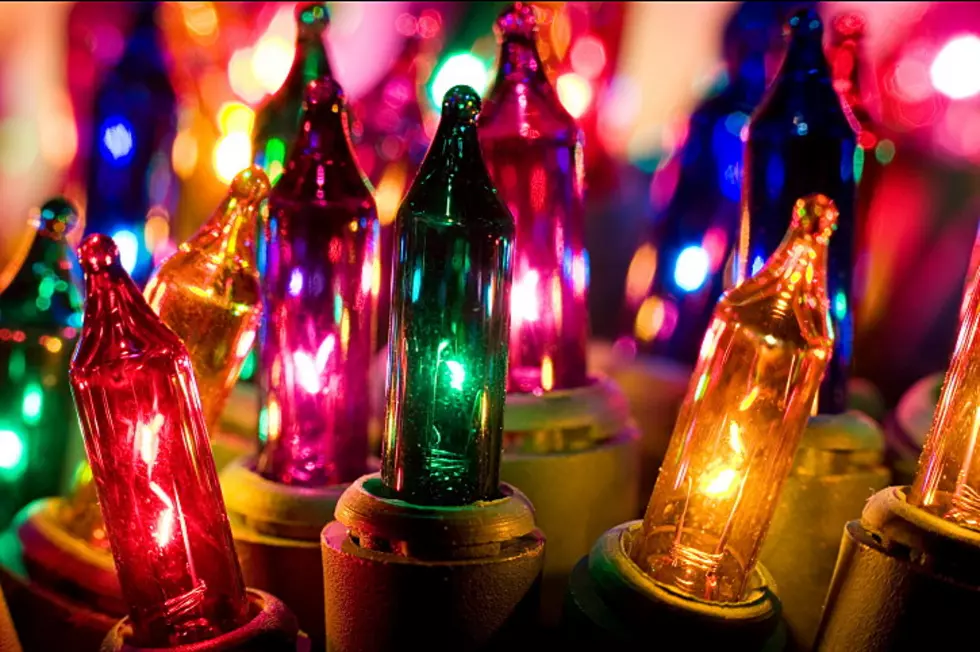
East Texas Sky Gazers Are In For A Wild December
East Texas could see rain and a meteor shower this weekend, and that's just the beginning of the interesting atmospheric events this month.
The best viewing for this weekend's meteor shower will be at a "spot north of the equator." That seems easy enough. We're so there.
December 13 is a big spot on the calendar for sky gazers each year because that's the night that the Geminid meteor shower reaches its climax.
The meteor shower should peak from Sunday night into Monday morning and EarthSky.org said we could also see a few scattered meteors tonight and Saturday night too. The shower has been building to its peak all week, so if you thought you saw some shooting stars earlier in the week and none of your people believed you, you can tell them that you're not crazy. You did.
Astronomers say the Geminids are a very reliable shower if you watch around 2 a.m. Monday, which will be the best time to view the shower around the globe. The best viewing is in a dark sky, so it might be best to drive out to a remote East-Texas pasture, put a sleeping bag in the back of the truck, and look up. The meteors are usually bold, white, and quick, so blink and you'll miss them.
This is expected to be a pretty spectacular event, and EarthSky.org said it will be possible to see 150 meteors per hour while the Geminid show is firing. We'll also see a waning crescent moon this weekend, leaning up to the new moon on December 14th.
AND, the gorgeous Venus is getting ready to rise, and she'll be visible in our eastern sky at or near dawn on Monday.
AND, Jupiter and Saturn are headed for an alignment that hasn't happened in 800 years. The two planets will come within point-one degrees of each other on December 21, and that's less than the diameter of a full moon. The close quarters will create the first visible double planet since the year 1226. Medieval times! Jupiter and Saturn line up every 20 years, but the extra-close alignment makes this year special. If you can find the brightest star in the sky tonight, that will be Jupiter, and you can watch each night as it gets closer to another bright star. That will be Saturn.
If we miss this Jupiter-Saturn conjunction this month, we'll have to wait until 2080 to see it again. The Geminid meteor shower will roll around again in 2021.
KEEP READING: Get answers to 51 of the most frequently asked weather questions...
More From Classic Rock Q107









